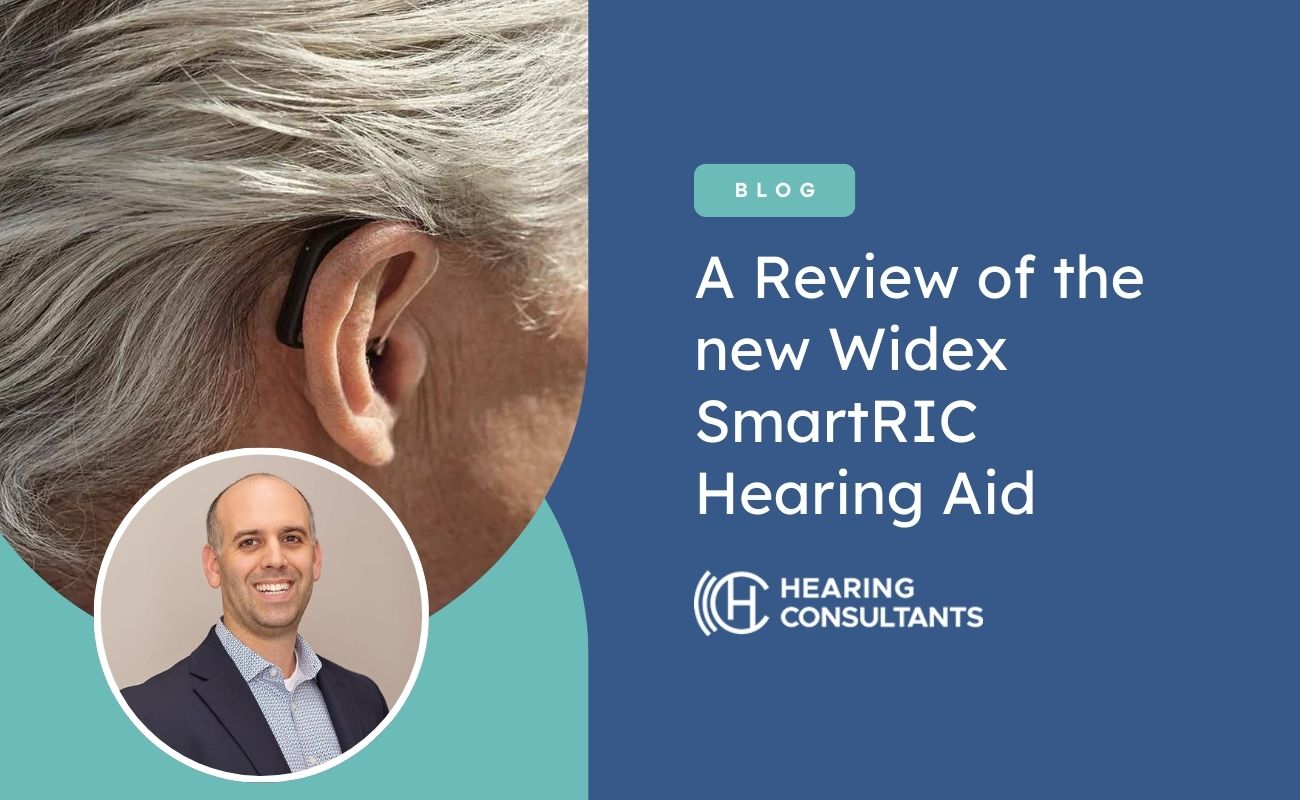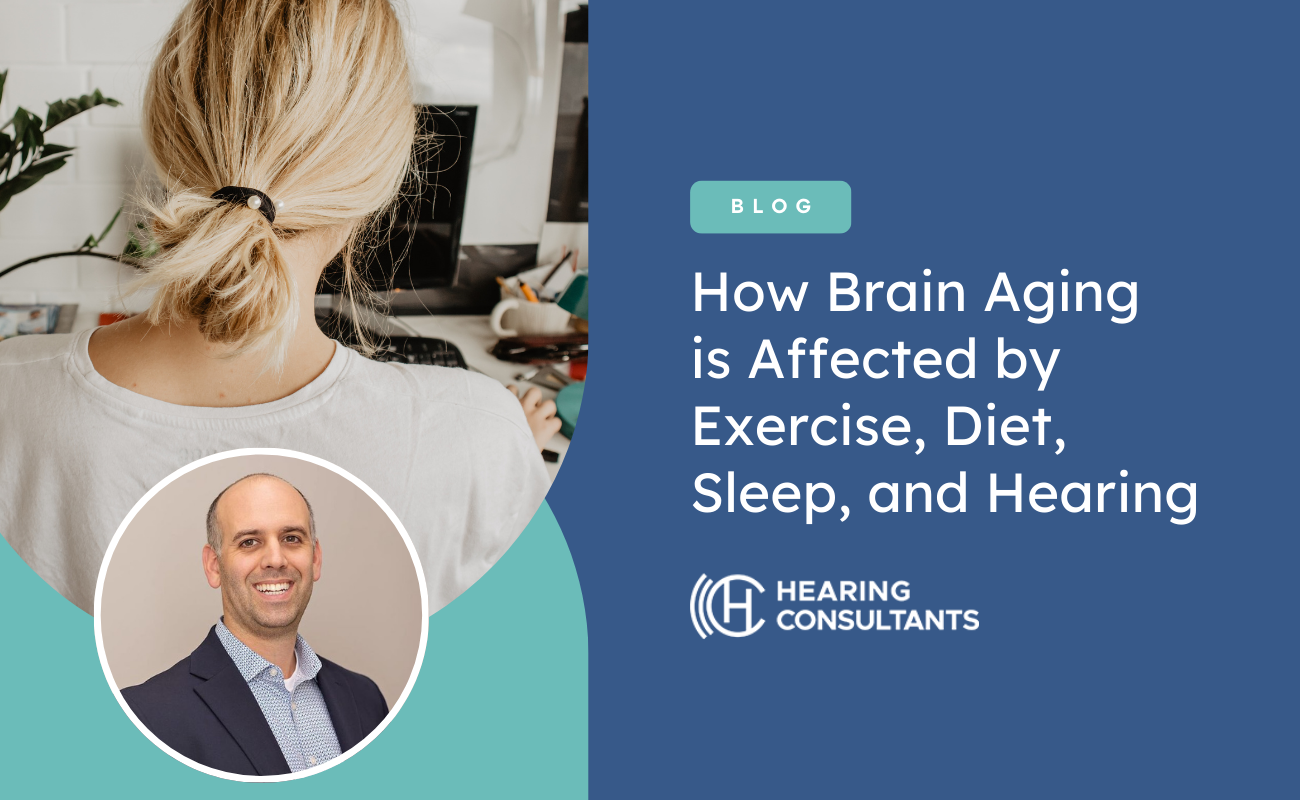Addressing Early Hearing Loss Could Help Prevent Dementia
Dementia is a neurodegenerative disease that affects thinking, behavior, memory, and the ability to perform everyday activities. According to The World Health Organization (WHO), someone is diagnosed with dementia every 3-4 seconds, equating to 7-9 million new dementia diagnoses worldwide each year. These statistics are staggering but it is important to remember that while there is no cure for dementia, it is not inevitable. There are several factors that increase your likelihood of dementia such as age (over 65) and genetics, but there are several modifiable factors. Some of these include prioritizing a diet rich in vegetables, whole grains, and lean proteins, exercising for at least 30 minutes daily, and maintaining an active social life. A rich social life helps keep us engaged, connected, and keeps our mind fresh. This is where hearing loss starts to be an issue. Hearing loss makes it more difficult to listen, respond to conversation, and affects relationships. Over time, untreated hearing loss becomes a major risk factor, leading to hearing loss.
Managing Hearing Loss to Prevent Dementia
A study led by Dr. Frank Lin at Johns Hopkins University sought to better understand the connection between untreated hearing loss and dementia. He led a study in which 639 adults were tracked over about 12 years. The study showed how dementia was much more present in patients who had untreated hearing loss. A mild case of hearing loss doubled the risk, while a moderate case tripled the risk. For those in the study with severe hearing loss, not treating hearing loss created a five-fold risk in the development of dementia.
The most common type of dementia is Alzheimer’s, accounting for 60% - 80% of all dementia cases each year. The Alzheimer’s Action Plan began in 2012, presenting five ambitious goals to both prevent future cases of Alzheimer's disease and related dementias. The co-author of the Alzheimer’s Action Plan, P. Murali Doraiswamy, M.D. explains, “The benefits of correcting hearing loss on cognition are twice as large as the benefits from any cognitive-enhancing drugs now on the market. It should be the first thing we focus on.”
Why Does Hearing Loss Contribute to Dementia?
Researchers are not in concurrence about the connection between the two connections, just that hearing loss when untreated increases the risk. There are some theories as to why this is an issue.
- Cognitive overload: When someone struggles with hearing loss, parts of words or sentences start to be difficult to detect. While hearing loss starts in the ears, the ultimate effect is put on the brain. The brain must struggle to understand what is being said with limited information. Over time, this constant strain takes away from other cognitive functions, causing fatigue and a greater likelihood to self-isolate.
- Social isolation: When a person struggles to understand conversation, withdrawal from social activities commonly occurs. Social isolation, reduced physical activity, and depression have all been recognized as risk factors for cognitive decline and dementia.
- Brain shrinkage: Another theory is that when living with untreated hearing loss over the years, the brain becomes under-stimulated as it is deprived of certain auditory stimulation. Some structures of brain cells can potentially shrink when they don’t get enough stimulation. MRI indicates accelerated brain atrophy in adults with hearing loss in the areas of the brain associated with memory and speech and language function.
Treating Your Hearing Loss to Lower the Risk of Dementia
Many specialists believe that one of the greatest things you can do to prevent dementia is to detect and treat hearing loss early. The most common treatment for hearing loss is hearing aids, which amplify the specific sounds you struggle with so you don’t have to strain to hear. You can connect to others, stay active and keep your mind clear. A recent study from Columbia University Medical Center (CUMC) found that seniors with hearing loss, under the care of an audiologist, performed significantly better on cognitive function tests when wearing hearing aids in comparison to those who did not. This was true even when the person wearing hearing aids had more severe hearing loss than the ones who were not wearing them.
Treat Your Hearing Loss Now!
If you suspect that you have even a slight hearing loss, it is important to not put off dealing with it. A slight issue now could turn into very devastating cognitive issues later on. Schedule a hearing loss, not only for you, but do it for those who love and rely on you.
Get in touch with
Hearing Consultants
Contact our clinic to schedule an appointment today!







